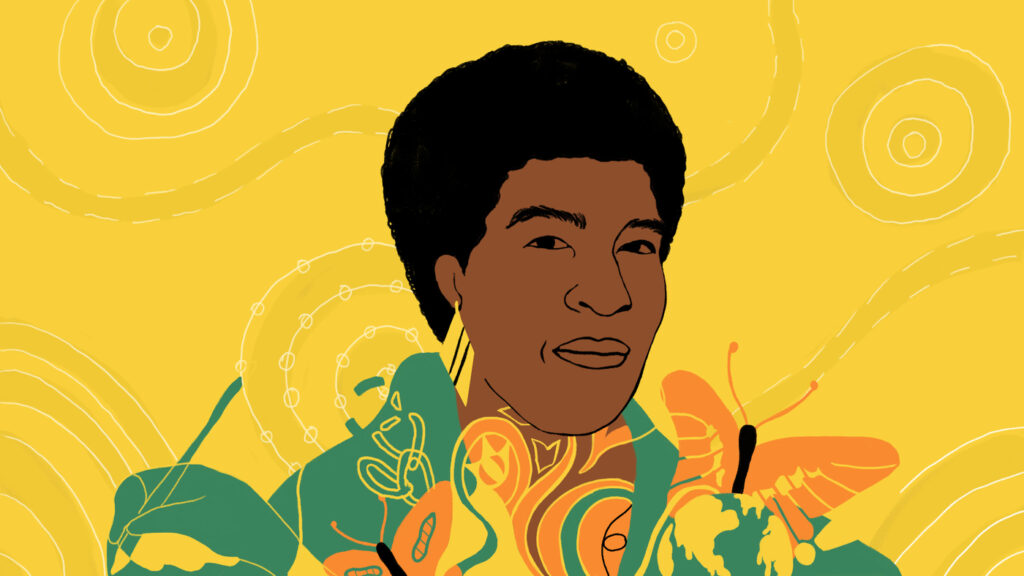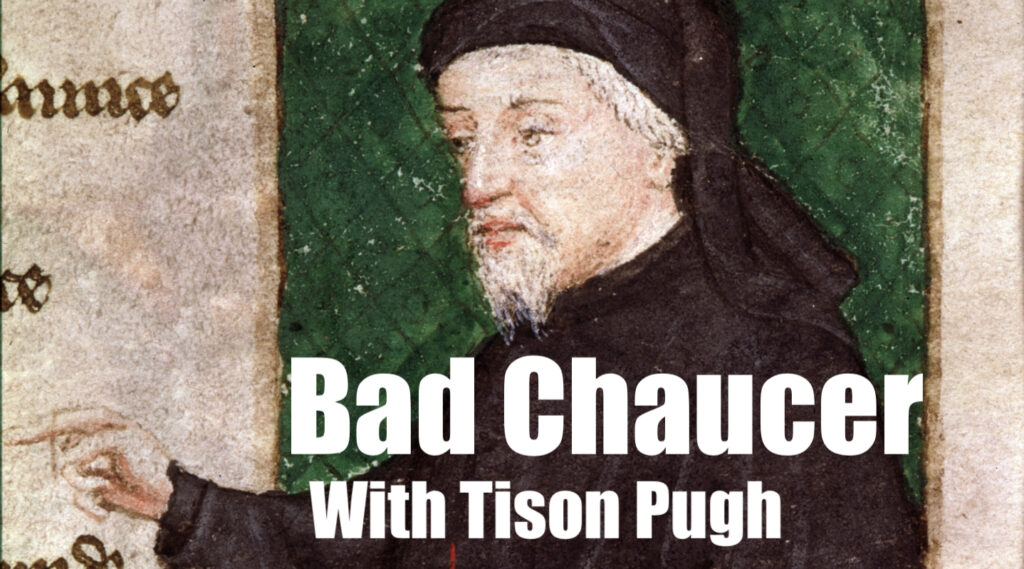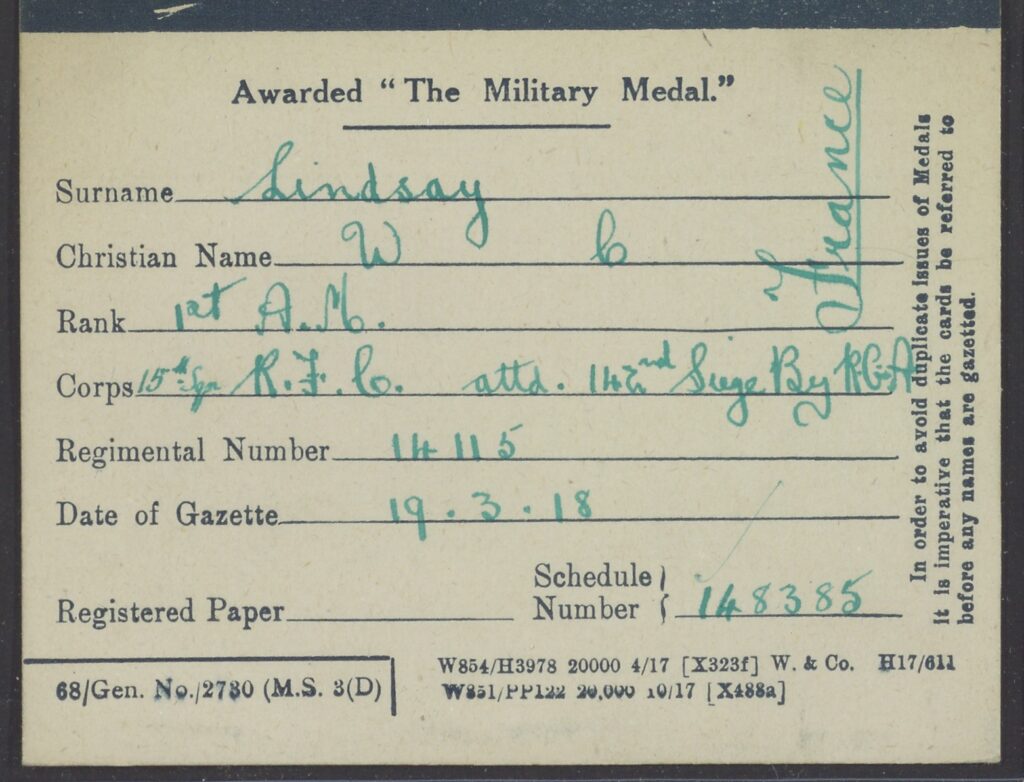It was middle school, eighth grade, when a sheltered 13-year-old boy suddenly found himself immersed in an unfamiliar world, guided by a girl who wasn’t much older, a girl on the verge of leading a religious movement.
At first glance, it might appear as if all they had in common was age, but there was more. They were both growing up in religious households — she a Baptist in a walled community outside of Los Angeles, he a Muslim in suburban Maryland. And they shared a burning desire to understand the constantly evolving, confusing world they occupied.
The boy was me. The girl, Lauren Oya Olamina, is, of course, the main character in Octavia Butler’s classic science fiction novel Parable of the Sower. We were introduced by an adventurous middle school English teacher who assigned the book to my class.
In Butler’s dystopian world, a strongman has risen to power in the United States, and climate change is decimating the environment. The economy is falling apart. Income inequality is out of control. Resources are scarce, and violence has forced people to isolate. The year is 2024.
Lauren was born with a disorder that makes her feel extreme empathy. She feels everyone’s pain. It exhausts her. As a sensitive teen myself, I felt I understood Lauren. And I felt connected to the author who created her.
I have found myself returning to Parable of the Sower and Butler’s other writings many times over the years to help make sense of things, to find in her stories lessons to guide my own life. And in 2016, a year of significant change in the world and my life, as I entered fatherhood and embarked on an entirely new career, I reached with more urgency for Parable of the Sower.
The novel offers a dystopian warning that if we, the human race, continue along our current path, then unimaginable horrors await us. But, in truth, such a narrow interpretation is a mistake. It misses the invitation to embrace the essential message of Butler’s work, that the only constant life has ever offered us is change.
Octavia Estelle Butler was the first Black woman to receive both the Nebula and Hugo awards, the highest honors in the science fiction and fantasy genres.
Malcolm Ali/Getty Images
hide caption
toggle caption
Malcolm Ali/Getty Images
Octavia Estelle Butler was the first Black woman to receive both the Nebula and Hugo awards, the highest honors in the science fiction and fantasy genres.
Malcolm Ali/Getty Images
Octavia Estelle Butler was born in Pasadena, Calif., in 1947. As a child, she experienced debilitating shyness. She spent hours in the local library, escaping into fantasy and science fiction novels. Butler was 12 when saw a film, Devil Girl from Mars, and thought to herself, “I could write something better than that.” And so it began.
Butler’s obsession with writing deepened over the years. As a young woman, she would get up at 2 a.m. every day to write before working jobs like dishwasher and potato chip inspector. It wasn’t until she was in her 30s that Butler was able to support herself financially as a writer. She published a series of very popular novels, including Kindred and Wild Seed, in the late 1970s and early 1980s. Then came Parable of the Sower in 1993. The book was a smash hit, and just two years later, at the age of 48, she was awarded the MacArthur Fellowship “Genius Grant.”
The worlds Butler imagined drew from her reading of history and her upbringing. Raised in a strict Baptist household, she was always fascinated by the impact of religion on the human mind. She had a complicated relationship with the traditions she grew up in as a Black woman from a religious family. Lauren’s character embodied this tension. She, like Butler, is raised a Baptist. But as a young woman, she develops a religious philosophy called Earthseed based on the idea that “God is Change.” It is a philosophy dedicated to the idea that all living things are evolving and the only way to survive is to embrace the central paradox of existence — that we are all evolving, yet we will all die.
Like Butler, Lauren eventually attracts followers to her vision. We meet her in the book as a person filled with imperfections, before her transformation to a prophet in the minds of Earthseed believers. Maybe, in a way, this was Butler seeing into the future of her own legacy where people like me, impacted deeply by her writing as a child, would one day reflect on her impact, her purpose.
What Butler saw in our future matters more today than ever. She saw a world headed toward collapse. She saw a Black, female prophet who understood that nothing was inevitable, that we have the power to change things and change course. On some level, as a 13-year-old, I understood that Butler’s work was not just a warning but also an invitation. It invites us to let go of the conventions that can lock us into a destructive future and to embrace our greatest power, to change. She introduces us to a humanist vision for the future that makes space for metaphysical spirituality without the need for a traditional, omnipotent God-figure.
Butler, who died in 2006 at age 58. is remembered as one of the greatest American science fiction writers. As we celebrate Black History Month, we should also remember her as a prophetic visionary like so many before her. She imagined worlds like the one we are living in, but encouraged each of us to dream our own dreams and to respond to the fear of uncertainty with creativity and bravery. As the Earthseed maxim tells us, “All that you touch, You Change …”
Ramtin Arablouei is the co-host and co-producer of Throughline, NPR’s history podcast. Subscribe to Throughline to listen to the latest episode on Octavia Butler, the second in its Black History Month series.
Thank you for permission to excerpt from the book PARABLE OF THE SOWER by Octavia E. Butler. Copyright © 1993 by Octavia E. Butler. Reprinted with permission of Grand Central Publishing. All rights reserved. And excerpts from the book WILD SEED by Octavia E. Butler. Copyright © 1980 by Octavia E. Butler. Reprinted with permission of Grand Central Publishing. All rights reserved.
If you would like to learn more about Octavia Butler:
We love to hear from our listeners! Tweet at us @throughlineNPR, send us an email, or leave us a voicemail at (872) 588-8805.
Contributors: Rund Abdelfatah, Julie Caine, Jamie York, Laine Kaplan-Levenson, Lawrence Wu, Parth Shah, Victor Yvellez


